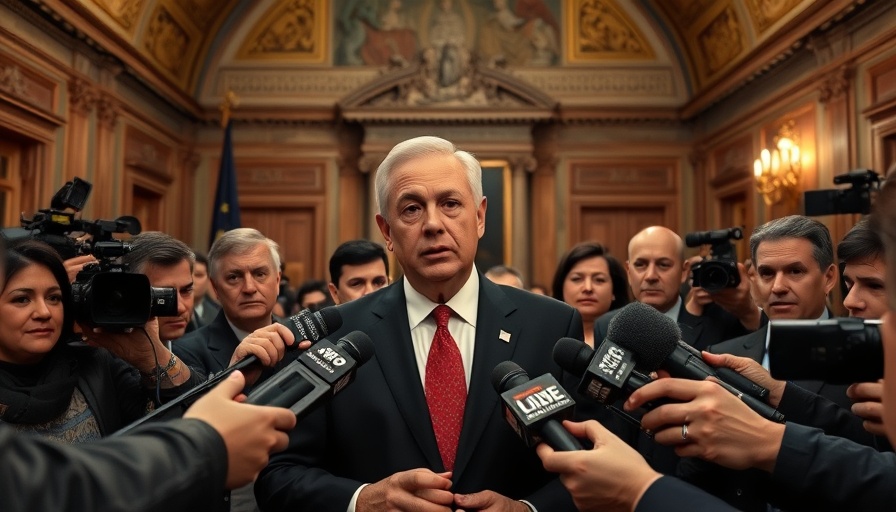
Budget Cuts: The Housing Crisis for Healthcare
The recent approval of a budget resolution by the House of Representatives has ignited tangible concerns regarding potential cuts to Medicaid. Having passed narrowly with a vote of 216 to 214, the resolution triggers a complex process of budget reconciliation, poised to bring significant implications for over 80 million Americans relying on this safety-net program.
House Speaker Mike Johnson and Republican leaders celebrated the resolution as a victory, even as they faced pushback from fiscal conservatives within their ranks. While the proposed overall budget cuts amount to $4 billion, critics argue that this figure falls woefully short of earlier ambitions of at least $1.5 trillion. The lack of specific allocations raises alarm bells; Medicaid could see a drastic reduction in funding that many believe could lead to increasingly dire health outcomes for vulnerable populations.
Challenges Ahead: Balancing Budget and Care
The ambitious target of reducing Medicaid expenditures by $880 billion, as outlined in earlier proposals, seems almost unattainable without deep cuts to essential healthcare services. Furthermore, financial assistance under the Affordable Care Act is set to expire, compounding an already difficult situation for healthcare providers and patients alike.
As hospitals stand to lose substantial reimbursements from Medicaid, the ripple effects could worsen care quality in communities that are already underserved. Notably, even amongst Republican constituents, perceptions of cuts to Medicaid remain unpopular, highlighting a crucial political reality. As Chip Kahn of the Federation of American Hospitals stated, "Americans deserve and expect reliable, affordable health coverage," a sentiment that resonates deeply as these discussions unfold.
Broader Implications: A Call for Conscious Consumerism
The potential cuts to Medicaid are fueling broader discussions about healthcare access and quality across the nation. For consumers, especially those passionate about wellness and holistic health solutions, this is a moment to reassess how they engage with healthcare systems. Advocating for policies that promote equitable access to healthcare is essential in ensuring that all patients receive the quality of care they deserve.
Ultimately, it’s crucial for concerned citizens to stay informed and vocal about the developments surrounding Medicaid and other critical healthcare policies. As the healthcare landscape continues to evolve, maintaining an open dialogue on these pressing issues will be vital in advocating for better health outcomes for all.
 Add Row
Add Row  Add
Add 




Write A Comment